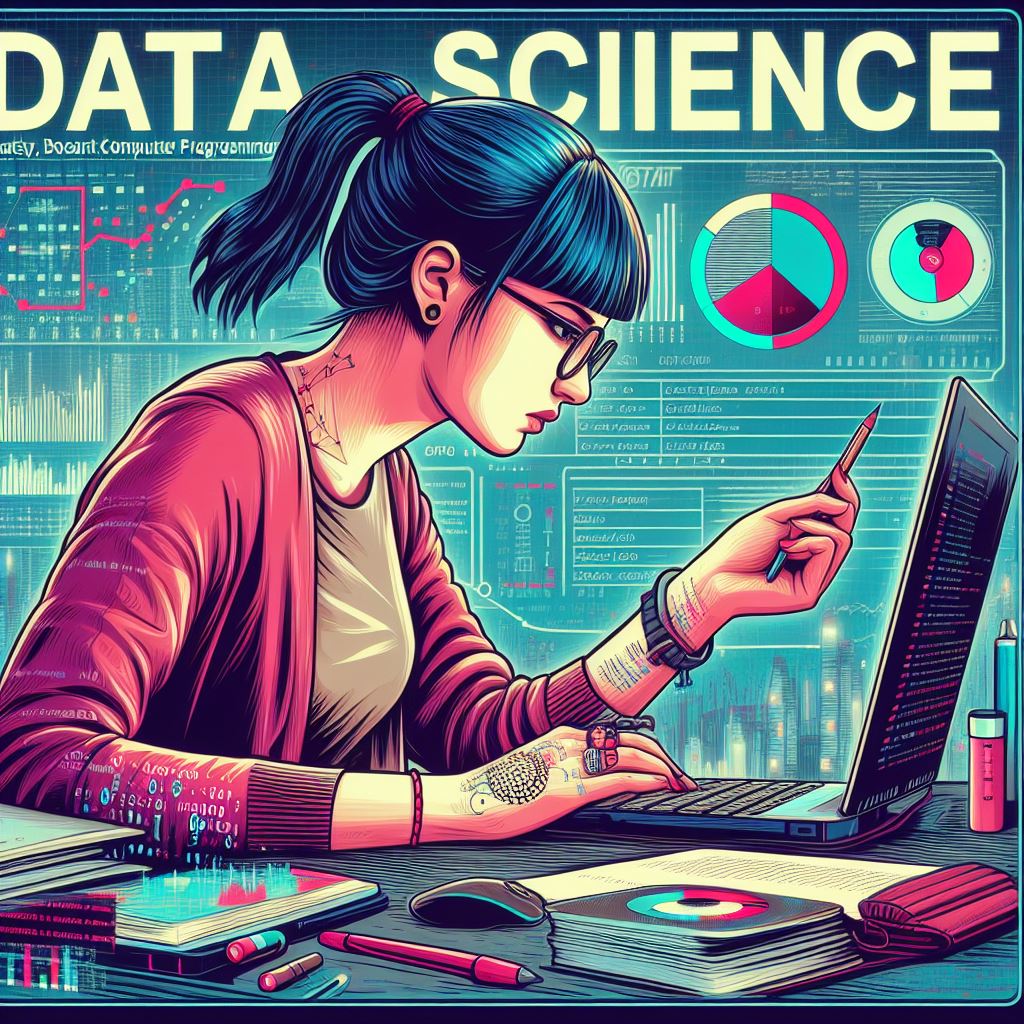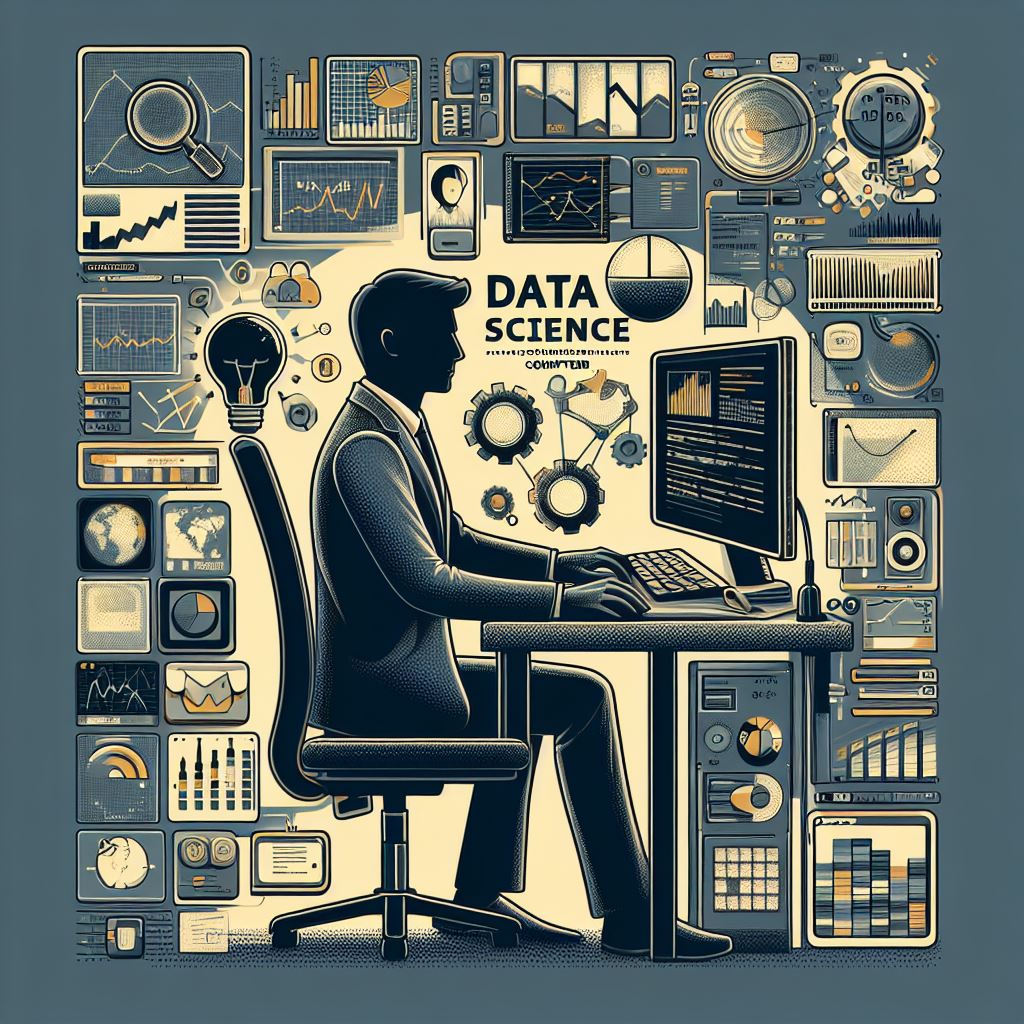In today’s data-driven world, Machine Learning (ML) has become a transformative force, especially in financial analytics and forecasting. While large corporations have long leveraged advanced ML algorithms to drive their decisions, individuals can now harness these same technologies to enhance personal financial planning, optimize investments, and predict future financial outcomes. This article explores how Machine Learning is revolutionizing the way individuals approach their financial goals.
Understanding Financial Analytics and Forecasting
Financial analytics involves analyzing financial data to extract valuable insights that aid in decision-making. Traditionally, this has been a complex process requiring manual calculations and forecasts based on historical data. However, Machine Learning allows individuals to analyze vast amounts of data more efficiently, providing them with predictive insights that can inform their personal financial strategies.
Machine Learning algorithms can process large datasets to identify patterns and trends that would be difficult for humans to discern. This enables individuals to make more accurate predictions about stock market movements, real estate investments, and even personal spending habits. With ML, individuals no longer need to rely solely on financial advisors or experts; they can use data-driven insights to guide their financial decisions.
Applications of Machine Learning in Personal Finance
Investment Predictions: Machine Learning is widely used to predict stock prices, real estate trends, and cryptocurrency movements. Algorithms can process historical price data, market indicators, and other relevant factors to forecast future market behavior. This allows individual investors to make more informed decisions about where and when to invest, improving their chances of maximizing returns.
Budgeting and Expense Management: Machine Learning models can track an individual’s spending patterns and predict future expenses. By analyzing historical spending data, these models can suggest personalized budgeting strategies, alerting individuals when they are nearing their budget limits or offering tips on where to cut costs.
Credit Scoring and Loan Management: For individuals seeking loans or credit, ML models can assess creditworthiness more accurately than traditional methods. By analyzing a person’s financial behavior, repayment history, and even alternative data points, Machine Learning can provide a more holistic view of their financial health. This can lead to better loan offers and personalized financial advice.
Risk Management: ML models can predict potential risks in investments and help individuals mitigate losses. By analyzing market trends and other financial indicators, Machine Learning algorithms can assess the likelihood of market crashes, recessions, or other risks, allowing individuals to adjust their portfolios accordingly.
How to Start Using Machine Learning for Personal Finance
The good news is that individuals don’t need to be data scientists to take advantage of Machine Learning. Several user-friendly tools and platforms are now available that integrate ML for personal finance. Many fintech apps, like Mint and Robinhood, utilize basic ML algorithms to help users manage their finances and investments. There are also open-source libraries like Python’s Scikit-learn, which offer simple interfaces for beginners to start experimenting with financial forecasting and analytics.
For individuals looking to dive deeper into Machine Learning, online courses and tutorials are widely available. By learning how to use tools like Python and libraries such as pandas, numpy, and TensorFlow, individuals can take control of their own financial forecasting and analytics.
The Future of Financial Analytics for Individuals
As Machine Learning continues to evolve, it’s expected that the tools available for personal finance will become even more advanced. Algorithms will be able to make real-time adjustments to individual portfolios, analyze financial news sentiment, and even predict life events that could impact an individual’s financial situation. With further advancements in AI and ML, the power to forecast and manage personal finances will be in the hands of every individual, democratizing financial management in a way never seen before.


